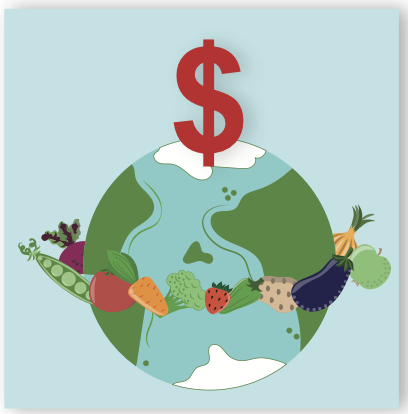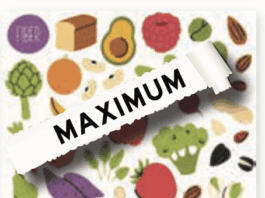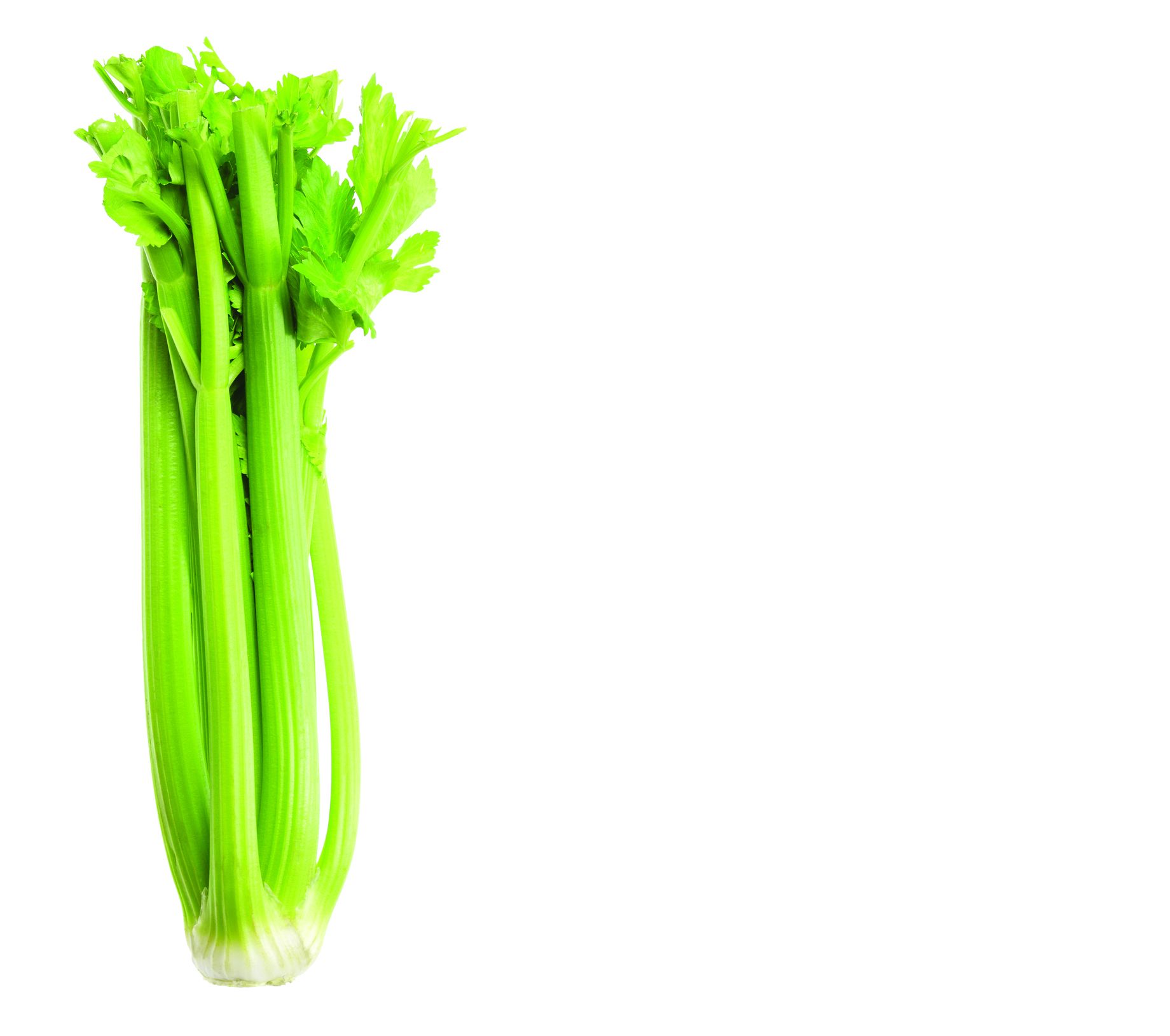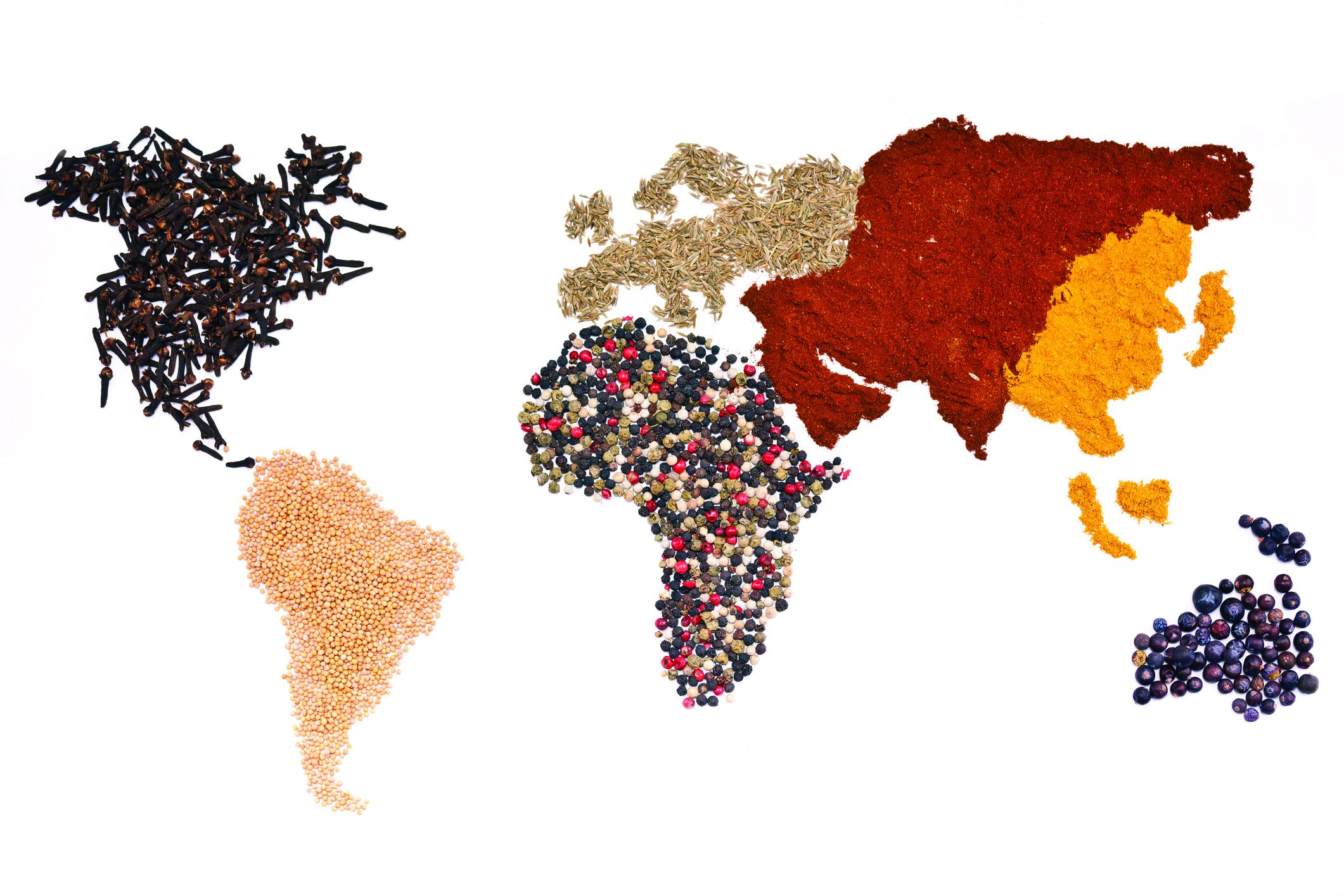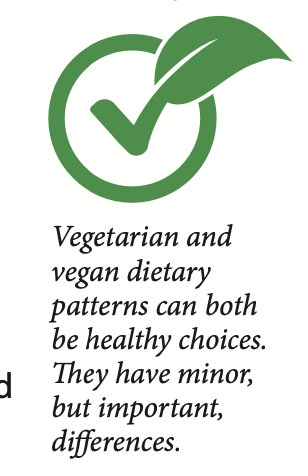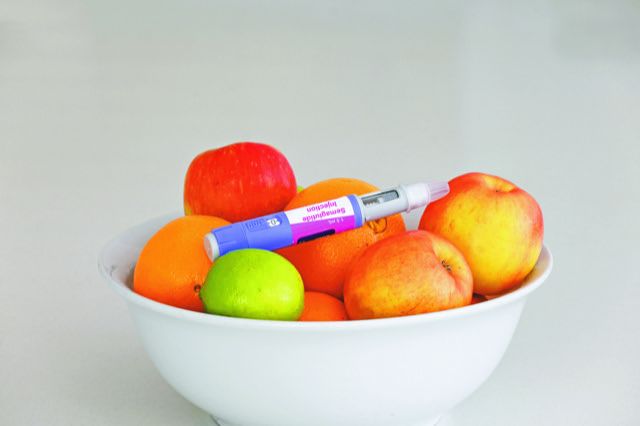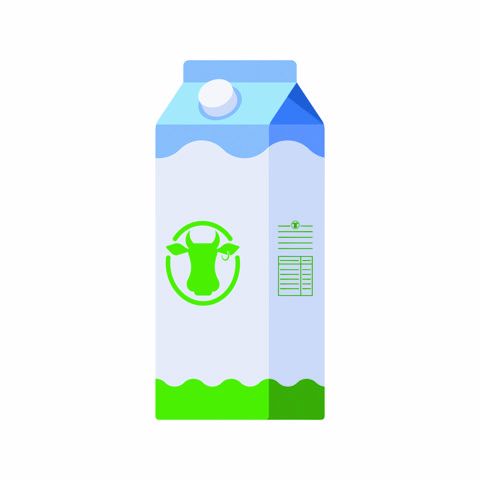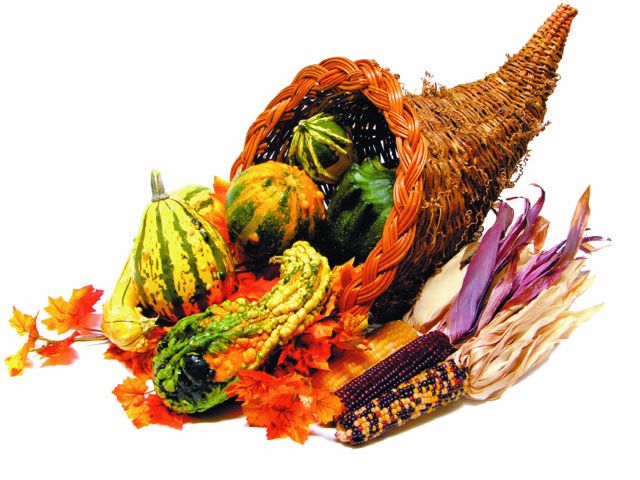Myth of the Month: “Negative Calorie” Foods
“Negative-calorie” foods are said to require more energy to chew and digest than they provide when eaten. Foods that have been given this label...
Check Your Nutrition Knowledge!
In 2023, we provided the latest evidence-based information on a wide variety of health and nutrition topics—including heart health issues, product labeling, physical activity,...
Expand Your Plant Palate
Research is clear that consuming whole and minimally processed plant foods in place of refined carbohydrates, highly processed foods, and some of the usual...
Vegan vs. Vegetarian Dietary Patterns
Q: What are the differences between vegetarian and vegan dietary patterns?
A: Judith C. Thalheimer, RD, LDN, executive editor of Tufts Health & Nutrition...
The Facts About Pea Protein
Pea protein is showing up in everything, from protein powders to plant-based beverages. Consumers should have the facts about this and other extracted proteins...
Big Health and Nutrition Stories of 2023
As 2023 draws to a close, let’s review and update some of the biggest health and nutrition stories of the year.
Concerns About Sugar Substitutes....
The Facts About Weight Loss Drugs
The biggest health and nutrition story of 2023 was arguably the exploding popularity of prescription medications to treat obesity, a chronic disease that affects...
Ultra-pasteurized Milk
Q: The milk I buy says it is ultra-pasteurized. Does that make it an ultraprocessed food?
A: Alice H. Lichtentein, DSc, a professor at the...
Give Thanks for Foods from the Americas!
Foods like sweet potatoes, corn, and pumpkin are regulars on our Thanksgiving tables. Let’s take a closer look at some of the delicious, versatile,...
Apple Cider Vinegar … Salt vs. Sodium … Ketone Drinks …
Q: Does apple cider vinegar help with blood sugar control?
A: Richard Siegel, MD, co-director of the Diabetes and Lipid Center, answers: “Recently, there has...





















